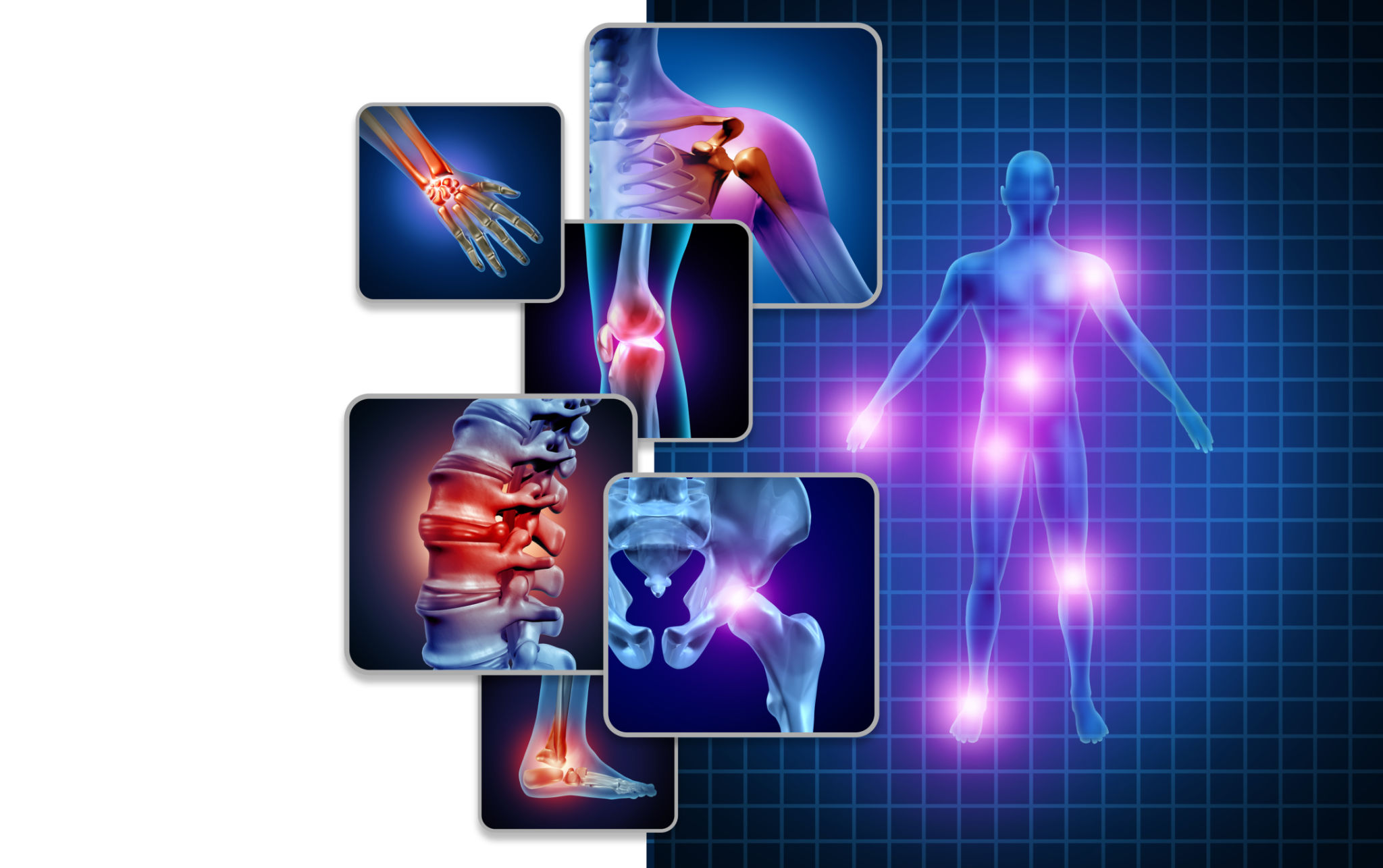Myths and Facts About Holistic Healing Through Fasting
Understanding Holistic Healing Through Fasting
Holistic healing encompasses a range of practices aimed at promoting overall well-being by addressing the mind, body, and spirit. Among these practices, fasting has gained popularity as a method of detoxification and spiritual renewal. However, numerous myths surround fasting, which can lead to misconceptions about its benefits and risks. Let's explore some common myths and facts to provide a clearer understanding of holistic healing through fasting.

Myth: Fasting Is the Same as Starvation
A prevalent myth is that fasting equates to starving oneself. In reality, fasting is a controlled practice where individuals voluntarily abstain from food for a specific period, allowing the body to rest and rejuvenate. Unlike starvation, which is involuntary and harmful, fasting is planned and can be adapted based on an individual's health needs and goals.
Fasting has been practiced for centuries across various cultures and religions, with the belief that it not only cleanses the body but also sharpens mental clarity and spiritual focus. It's important to approach fasting with proper guidance and understanding to ensure it is safe and beneficial.
Fact: Fasting Can Aid in Detoxification
One of the key benefits of fasting is its potential to aid in detoxification. By giving the digestive system a break, the body can focus on eliminating toxins and repairing damaged cells. During fasting, the body may switch to using stored fat for energy, which can help in removing fat-soluble toxins.

It's crucial to note that while short-term fasting can assist in detoxification, it should not be viewed as a cure-all solution. A balanced diet and healthy lifestyle are essential for maintaining long-term health and wellness.
Myth: Fasting Leads to Muscle Loss
Another common concern is that fasting leads to significant muscle loss. While prolonged fasting without proper nutrition can result in muscle loss, short-term or intermittent fasting generally preserves muscle mass when combined with adequate protein intake during eating periods.
Research suggests that the body prioritizes fat stores for energy during fasting while conserving muscle tissue. Incorporating strength training exercises during eating periods can further help maintain muscle mass.

Fact: Fasting May Improve Metabolic Health
Fasting has been linked to improvements in metabolic health by enhancing insulin sensitivity and lowering blood sugar levels. These benefits can contribute to reducing the risk of chronic diseases such as type 2 diabetes and heart disease.
Intermittent fasting, in particular, has gained attention for its potential to regulate metabolic processes. However, individuals with pre-existing health conditions should consult healthcare professionals before embarking on a fasting regimen to ensure it aligns with their health needs.
Myth: Fasting Is Suitable for Everyone
While fasting offers potential benefits, it is not suitable for everyone. Individuals with certain medical conditions, pregnant or breastfeeding women, and those with eating disorders should avoid fasting or seek medical advice before attempting it.
It's essential to personalize fasting practices based on individual health profiles and goals. Engaging with a healthcare provider or nutritionist can provide valuable guidance and ensure safe practices.

Conclusion: Finding Balance in Holistic Practices
Holistic healing through fasting can offer numerous benefits when practiced mindfully and with proper knowledge. By debunking myths and understanding factual information, individuals can make informed decisions about incorporating fasting into their wellness routines.
Ultimately, achieving a balance between physical health, mental clarity, and spiritual well-being requires a comprehensive approach that includes a nutritious diet, regular exercise, and mindful living.